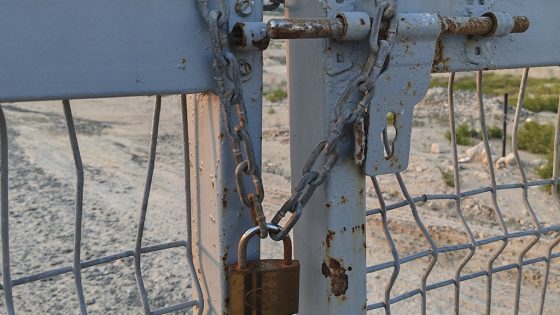Nearly all the listed debtors for one of the UK’s largest roofing contractors have disputed how much they owed the firm, forcing its administration process into a fourth year.
Administrators for Avonside Roofing – the £48m-turnover contractor that went under in September 2022 – said they had spent a “significantly larger amount of time […] than expected” gathering debts.
Begbies Traynor said in its latest report that the process to recover those debts “remains ongoing and complex” after nearly all Avonside’s debtors disputed how much they owed when the firm went under.
The two largest debtors also employed solicitors to examine the level of their debts, the administrators noted in their previous progress report published last October.
As a result, Begbies Traynor said on 11 April that it had extended the administration until 6 September 2026 – taking the administration process to four years in total.
In previous reports, Begbies Traynor revealed it had appointed solicitors to examine debts from Avonside’s two biggest debtors after they disputed the amounts. Avonside said the two firms owed it around £2m and £1.1m.
Though the second largest debtor employed quantity surveyors to try to agree how much it owed Avonside, the administrators said in the latest report that the debtor “has regularly cancelled meetings so progress is proving slow”.
Along with those two debtors, “the majority of the remaining debtors have taken the position of disputing amounts owed”, Begbies Traynor said in its latest report.
The administrators were therefore not able to estimate how much they expected to collect in debts.
“Given the nature of construction debts, especially retentions, it is anticipated that this work will likely continue… for the duration of the two-year period for which the administration has been extended,” the administrators added.
But they also “anticipate” that some further work to recover debts “may no longer be economical”, especially if they conclude that creditors will not get a dividend regardless.
Those debts have now all been registered as bad debt provisions – meaning Begbies Traynor does not expect them to be paid, and will list them as expenses on the accounts.
Begbies Traynor has also spent “substantially more time” dealing with creditor claims, particularly from former employees, former landlords and subcontractors.
In September 2022, the administrators estimated that Avonside owed its creditors around £17m when it went under.
But they now expect to pay out only £148,000 – though that could change if more debts are realised.
Significant expansion of the firm was partly blamed for its failure, as a set of acquisitions led to widespread “integration issues” at Avonside.
In 2003, when the firm was bought out by its former executive chairman Tony Burke, it had around 150 members of staff and 11 branches. By the time of its collapse, it had 37 branches and 350 staff.

